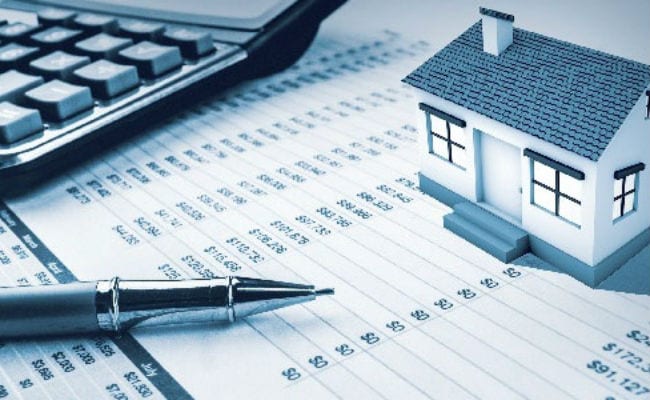Home Loan Interest Rate: Many banks have increased the interest rates of home loans.
(symbolic picture)
New Delhi:
Last week, the Central Reserve Bank directly increased policy interest rates by 50 basis points.
RBI had increased the policy rate repo by 0.5 percent to 5.4 percent to control retail inflation.
This was the third hike in the benchmark rate since May.
After this many banks have increased the interest rates on home loans.
Even after the first two increases, banks had increased the interest rate on home loans.
Whenever there is an increase in the standard lending rates by RBI, most of the banks increase the interest rate of the home loan following this.
Repo rate is the benchmark lending rate or interest rate at which banks take loans from RBI and then use it to distribute to retail customers.
Housing lending company HDFC Ltd on Monday also increased its standard lending rate by 0.25 per cent.
This move will make the loan costlier for both existing and new customers.
These new rates have come into effect from today.
How RBI's decisions on policy rates affect our loans
Repo rate and reverse repo rate are implemented under the monetary policy of RBI.
Through the repo rate, RBI maintains or regulates the cash flow in the market, while liquidity (how much cash is in the market) maintains its control over it.
Also read:
Don't get bogged down in instant loan apps, keep your money safe with these tips;
SBI warned
Just as we take a loan from the bank at a fixed interest rate, similarly banks take money from the RBI at a fixed rate of interest to do their business.
This interest rate is called repo rate.
If banks return surplus money to RBI, then RBI pays interest to them, which is called reverse repo rate.
The reverse rate is always lower than the repo rate.
This directly affects our EMI i.e. bank loan installment, because whenever RBI increases the repo rate, banks increase the interest rate on the loan given to the customers to compensate, so that we get the increased interest rate after the hike. But EMI has to be paid, or you have to take a home loan at an increased rate.
ICICI, PNB have also increased rates
After increasing the standard interest rate by 0.50 percent, ICICI Bank and Punjab National Bank have also increased the lending rate last Friday.
Also read:
If you are going to take loan for second hand car, then first know these 6 important things
ICICI Bank said in a notice that the ICICI Bank External Standard Lending Rate (I-EBLR) is referred to the RBI's policy rate. "I-EBLR is 9.10 per cent per annum and payable per month," the bank said.
It will be effective from August 5, 2022.
Public sector Punjab National Bank also gave information about the rate hike, saying, "After raising the repo rate by RBI, the Repo Related Lending Rate (RLLR) has also been increased from 7.40 per cent to 7.90 per cent on August 8, 2022." will be effective.
Video: RBI's big announcement - Repo rate hiked by 0.50%, loan becomes expensive
